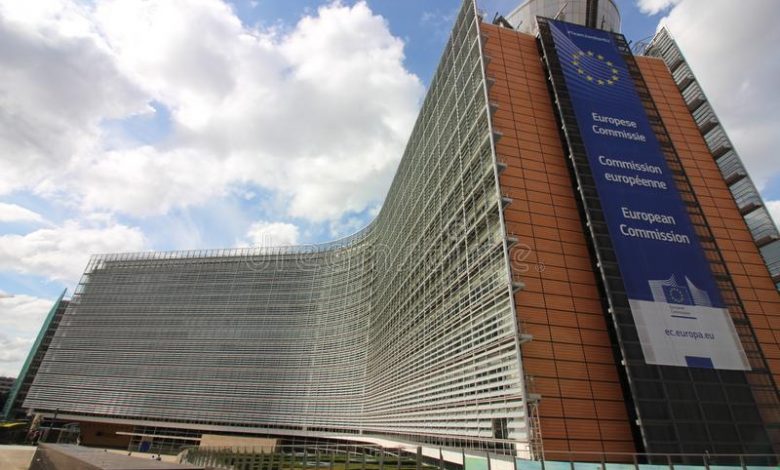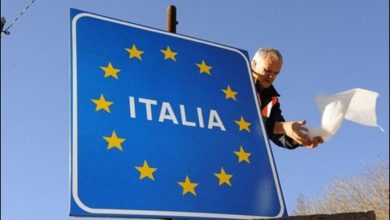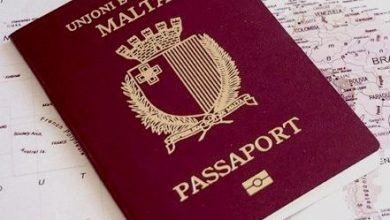European Commission unveils strategy for EU enlargement in 2009
On October 14, the European Commission released the 2009 annual report on the EU enlargement strategy. The report, entitled “EU Enlargement Processes: Progress Made by the Western Balkans and Turkey in 2009”, reflects these countries’ priority on the path to European integration in the current difficult year of the economic crisis. The report also contains requirements for the aforementioned countries regarding preparatory measures for EU accession, as well as identifies areas for EU enlargement for 2010.
Currently, 3 countries are considered candidates for EU accession – Croatia, Macedonia and Turkey. And “Countries are potential candidates” that have already officially filed or intend to apply for membership – these are Albania, Bosnia and Herzegovina, Montenegro, Iceland and others.
Of the three candidate countries, Croatia already started negotiations on EU accession 4 years ago, and Croatia meets all the requirements for EU membership, but Slovenia’s boycott process from the very beginning was boycotted due to unresolved border disputes between these countries. Recently, however, the border dispute between Croatia and Slovenia has been resolved, thereby removing the last obstacle in the process of Croatia’s integration into the EU. The EU report gave a positive assessment of the actions of Croatia, it is planned to complete negotiations on the country’s membership in the EU during 2010. Therefore, at present, Croatia is very likely to become the next state to join the EU. In view of the “convincing” progress made by Macedonia in the course of comprehensive reforms in the country, the European Commission accepted the recommendation regarding the start of negotiations on the country’s membership in the EU. However, Greece expresses dissatisfaction with the name of the country, since a province with a similar name exists in the north of Greece, therefore, the report expresses the demand for Macedonia to resolve the conflict with Greece as soon as possible over the name of the country and establish good neighborly and friendly relations with Greece.
Although Turkey simultaneously with Croatia began negotiations on EU accession, there are still many obstacles to its accession to the European Union. The EU report says that from a strategic point of view, Turkey plays an important role in promoting regional stability, ensuring energy security and in the dialogue process between East and West civilizations, despite political reform and the achievement of normalization of relations between Turkey and Armenia in the field of legal construction , implementation of democratic freedoms Turkey does not yet meet EU standards. In addition, the “Kurdish” and “Cypriot” problems remain major obstacles to the country’s accession to the EU.
The report emphasizes that the countries of the Western Balkans have made great efforts to join the EU, but they must first carry out fundamental reforms in the political and legislative spheres so that all institutions of power can function normally. In addition, the leadership of these countries also has to do a lot in the fight against corruption and crime. Prior to such a reform, the European Commission cannot grant them EU membership. Thus, the EU and the US hope to accept Bosnia and Herzegovina into the ranks of the EU and NATO, however, Bosnian Muslims, Croats and Serbs have disagreements on many political and economic issues of the country, which, in turn, is an obstacle in the process of accession of these countries to these organizations .
In 2004, the EU, having accepted 10 East European and Baltic countries into its ranks, experienced the largest expansion in the history of the European Union. Following this, in 2005, Bulgaria and Romania were admitted to the EU, as a result of which the number of EU member states increased to 27. However, due to the rapid expansion of the EU, various problems and contradictions appeared inside the bloc, after which the pace of expansion slowed somewhat.
Looking back at the experience of EU enlargement, the European Commissioner for Enlargement of the European Union, Oli Ren, said that only with the help of greater integration at the expense of new EU members will he be able to play a key role in the world political and economic arena in the new century. This is the strategy of the European Union. Therefore, you cannot stop the pace of expansion. Oli Ren also said that Montenegro, Albania and Iceland have applied for EU membership amid the global economic crisis, which has shown the EU’s enormous appeal.
At present, public opinion believes that new shifts have appeared in the work on EU enlargement. First, the Lisbon Treaty will enter into force in 2010, this will provide the EU with legislative and institutional background for further expansion. Secondly, having survived the economic crisis, some countries have expressed an active desire to join the EU. In addition, as the global economy recovers in the EU, the economic atmosphere will also improve for further expansion. However, the threshold for accession will not be lowered, which will slow down the accession of some countries to EU membership.
This post is also available in:
 English
English  Русский (Russian)
Русский (Russian)






